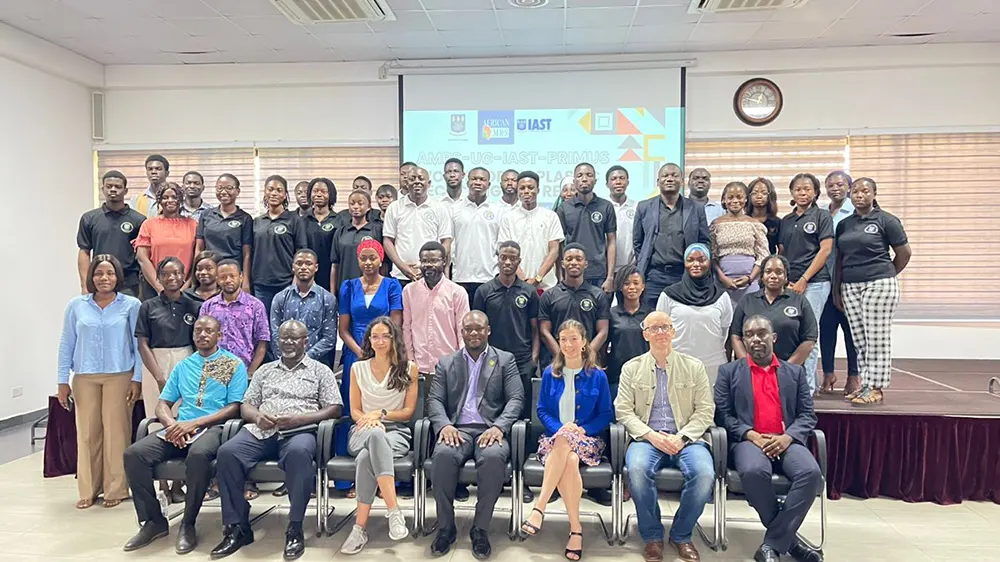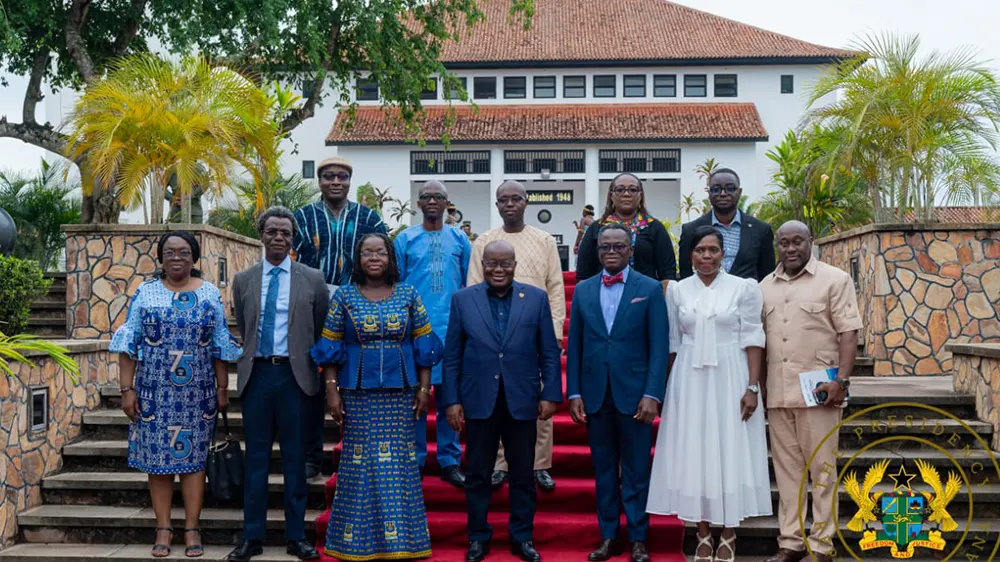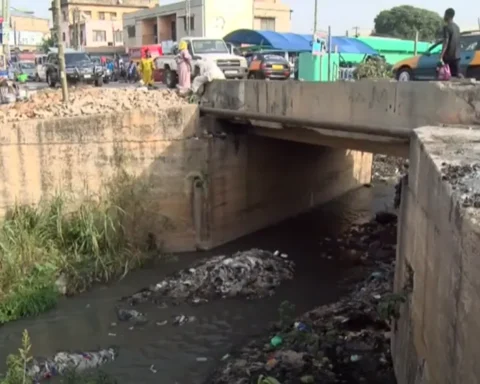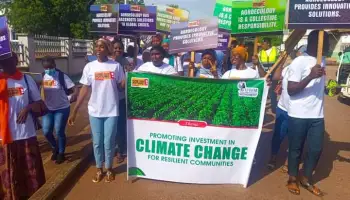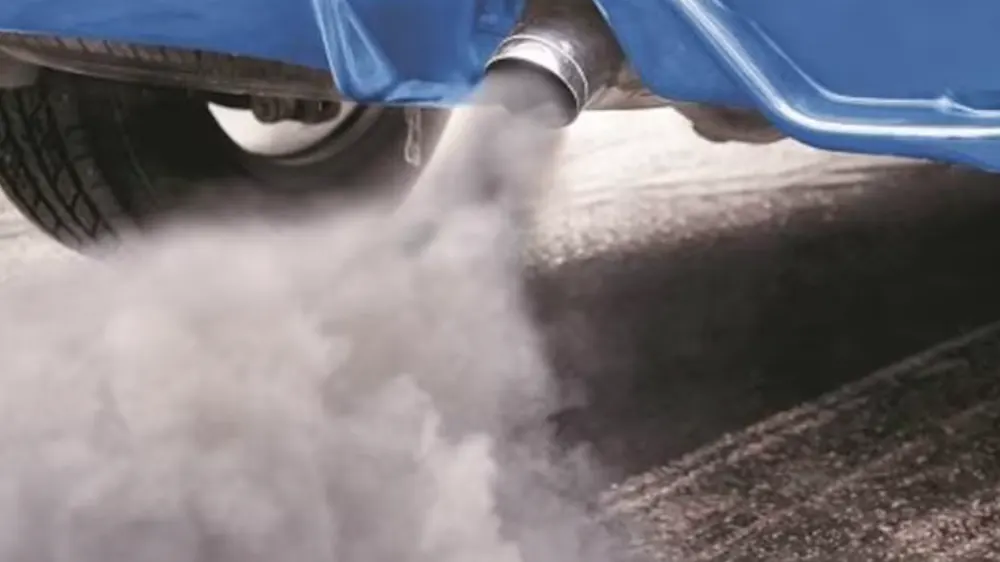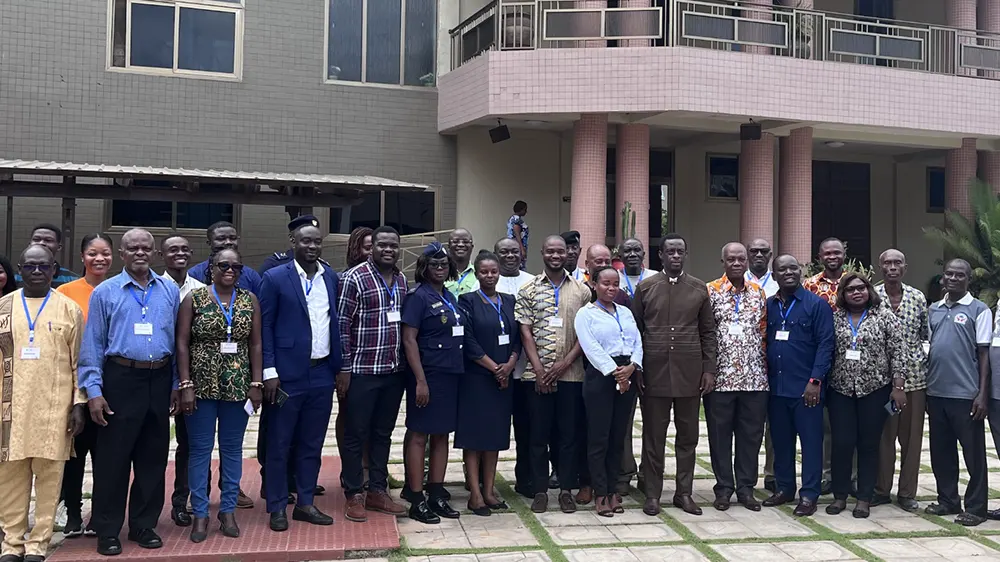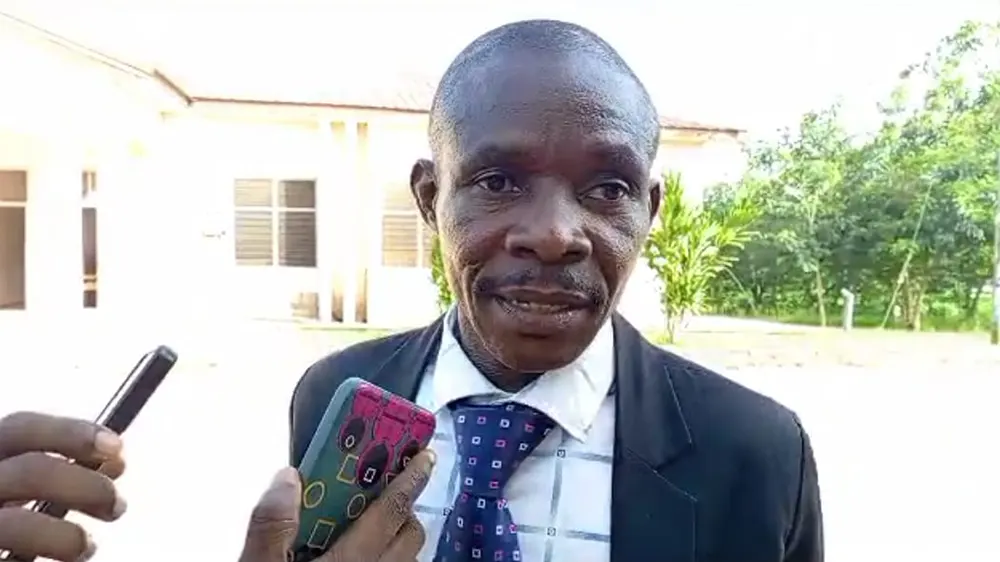Professor David Dodoo-Arhin, Director of the Institute of Applied Science and Technology (IAST) at the University of Ghana (UG), emphasized the critical importance of recycling and reusing plastic waste to mitigate its adverse environmental effects. Speaking at the opening of a three-day workshop on Plastic Waste Recycling in Accra, Prof. Dodoo-Arhin underscored the significant role of such initiatives in addressing environmental degradation caused by single-use plastic products.
The workshop, jointly organized by the 2024 PRIMUS-African Materials Research Society (AMRS) and IAST, focused on the theme “Strengthening Research and Innovation Capacities in Sustainable Plastic Waste Recycling.” It aimed to explore new polymer recycling technologies under the auspices of the PRIMUS Project.
Highlighting the magnitude of the plastic waste crisis, Prof. Dodoo-Arhin noted that single-use plastics, including sachets, bottles, and polybags, were major contributors to industrial and municipal waste, posing grave environmental and socioeconomic challenges. He stressed that while recycling, reusing, incineration, and energy recovery were viable waste management techniques, current recycling rates were inadequate, with a significant portion of plastic waste ending up in landfills or oceans.
Citing alarming statistics, Prof. Dodoo-Arhin revealed that approximately eight million tonnes of plastic waste leaked into the ocean annually, underscoring the urgent need for sustainable waste management strategies. In Ghana alone, over 1 million tonnes of plastic waste were generated annually, with only a fraction collected for recycling.
Prof. Dodoo-Arhin commended the efforts of the Environment Ministry in establishing the Ghana National Plastic Action Partnership to facilitate the transition to a circular economy for plastics management. He emphasized the importance of collaboration among universities, industries, governments, and the public in implementing long-term solutions within the framework of the circular economy.
Mr. Bubu Kumordzie, Waste Segregation Officer of Jekora Ventures, echoed the sentiments, highlighting potential benefits of innovation in waste management, including reductions in greenhouse gas emissions and landfill volumes. However, he identified various obstacles, including high investment costs and a lack of financing, underscoring the need for intensified awareness and operational standards for recycling.
In conclusion, the workshop participants emphasized the imperative of collective action and innovative solutions to tackle the plastic waste crisis and pave the way for a sustainable future.

